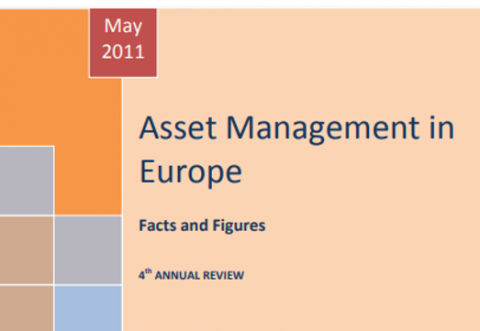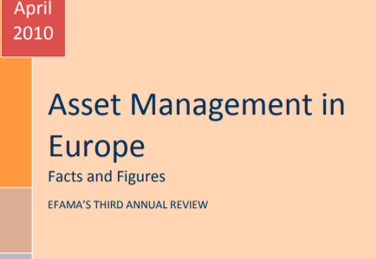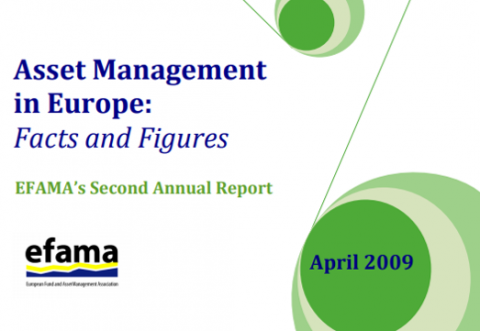Management Companies
EFAMA has been looking at legislative proposals with a direct impact on asset management companies and services, and closely follows any regulatory developments of critical importance to the sector. In addition to issues related to risk management and financial stability, high up on the agenda of EFAMA members is the framework for a prudential regime for Investment Firms (IFD/R), and related implementing measures directly descending from such framework.
EFAMA is focused on minimising the impact of the rules on asset management companies, in particular those holding a limited MiFID license. Key to the sector is the need for proportionality, especially firms that are not authorised to hold client money/securities, or to deal on their own account.
EFAMA Response to the IOSCO Consultation on CIS Liquidity Risk Management Recommendations (CR04/2017)
Use of Leverage in Investment Funds in Europe | AMIC-EFAMA Joint Paper
EFAMA response to the IOSCO Consultation on Termination of Investment Funds
EFAMA welcomes the opportunity to provide its comments on the Good Practices to be adopted by IOSCO for the Termination of Investment Funds. We agree that the decision to terminate a fund can have significant impact on investors in terms of the costs associated with such an action, or the ability for investors to redeem their holdings during the termination process. In this regard, even in the context of a fund’s voluntary termination, asset managers must abide by their fiduciary obligation to act in the best interest of their investors.
EFAMA welcomes final agreement on legislation facilitating cross-border distribution of funds
We welcome yesterday's vote by the European Parliament plenary, formally adopting the trilogue agreement on the Commission's initiative to remove cross-border barriers to the distribution of investment funds.
This marks a decisive recognition of the need to postpone the application of the PRIIPs disclosure regime for UCITS by two years, in light of the regime's documented shortcomings. It also allows the European Commission more time to conduct a thorough review of the same within one year.






























